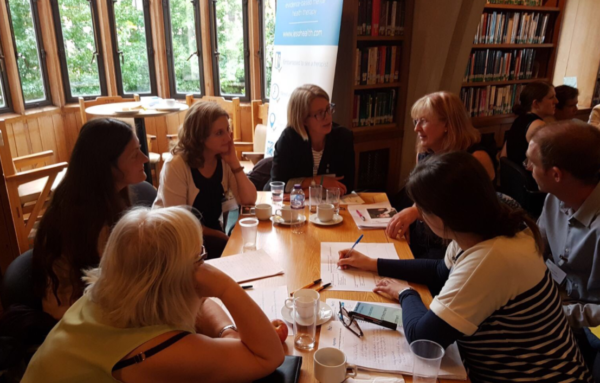Older Adults recover well from common mental health conditions

We all need to do more to recognise older adults who may have depression and anxiety; older adults engage well with IAPT (including digital IAPT interventions) and most importantly they recover well, evidence shows that the recovery rate of older adults is better than working age adults. These were the key messages given to a capacity audience at the recent Health Innovation Network’s Improving Older Adults Access to Psychological Therapies (IAPT) event which took place on 19 September. All these points seem relatively simple, so why can’t we quickly fix this problem?
It seems everyone has a part to play, we should not be treating older adults as a homogeneous group 65 – 100 years old is a large age span and perceptions and needs will be different.
The third sector, housing and social care organisations have significant role in facilitating referrals to IAPT and ensuring older adults are aware that depression and anxiety can be resolved through talking therapies. We should encourage older adults to share their experience of IAPT and we need all to listen. IAPT services need to train their staff to work with this large older adults age range and liaise more closely with their secondary mental health colleagues particularly the memory service who are diagnosing people with dementia.
Finally, our very busy GPs who are often the gateway to supporting referrals to IAPT services. Think always that chronic health conditions go hand in hand with mental health issues, don’t just refer the physical issues, address both mind and body to make sure the older adult is enabled to maximise independence and live a happier life.
Aileen Jackson, Senior Project Manager Healthy Ageing and Mental Health lead, Health Innovation Network